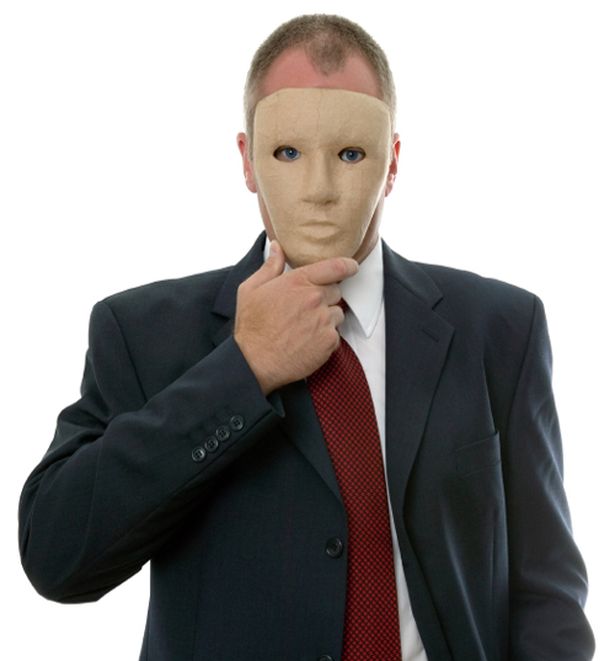You’ve trusted someone… and they let you down, cheated, lied, committed a criminal act, or otherwise taken advantage of you. When you’ve been deceived, your first instinct might be to ask the question, “How could I have let this happen?”
You need to cut yourself some slack as soon as possible because the fact is that we are surrounded by manipulative people who seek out good and honest people whom they can take advantage of. They can be quite crafty and covert and the fact that they chose you is a compliment to your character and an indication of his or her lack of character.
We all tend to project our own morality onto those within proximity. For instance, if you’re an honest, trustworthy person, you tend to see others as being honest and trustworthy, while liars see others as dishonest, and fear others are always hiding something and may deserve to be taken advantage of.
You’re somewhat in a state of shock because you wouldn’t think of doing this to someone else. Ready yourself to forgive yourself for falling victim to this circumstance, it was not your fault. You are not responsible for someone else’s misdeeds.
Of course, The kind of betrayal I am referencing is the misdeed with malicious intent, you must distinguish this type of activity from an honest mistake. Sometimes someone whom you’ve trusted does something that results in your feeling betrayed, but there was a distinct lack of malice, more likely they hadn’t thought things through far enough or realized that their inattention to detail would be offensive to you.
If someone has simply made the mistake of crossing you unwittingly, cut them some slack, and prepare to forgive them.
Be aware that there are people who may be looking to take advantage of others, but do not fall into the trap of living in fear. Many people may have the tendency to exploit others, and may include personality profiles such as narcissists, sociopaths and/or psychopaths, who are well-versed in building your confidence in them and grooming others for “the take.”
Once you’ve correctly diagnosed a person as one who would lie or otherwise take advantage of you, realize they are a snake. As much as they might beg forgiveness or try to charm you otherwise, a snake is a snake, and it will only set you up to bite you, even worse the next time.
Can people change? Yes. I am in the change business and I see it every day, but you have to learn how to deal with a liar, look out for you and take care of yourself and the others whom you care about. This is your responsibility. If this snake is a repeat offender, you have to do the right thing and take the action which is best for you and yours.
In becoming aware of the existence of individuals who may not have your best interests at heart, learn early detection methods of determining when someone might be being less than honest and pay more attention to potential warning signs early on when you are getting to know someone.
In the event that you are having a twinge, a sense that someone may not be as they appear, don’t be shy about checking out the details for accuracy. If you are uncovering holes in their stories and blatant inaccuracies, there’s no need to confront them about it, just place a safe distance between yourself and this person, and don’t let down your guard around this person.
Now that you are becoming more aware of people and learning how to see people as they really are, be careful not to fall into the trap of seeing everyone as a potential threat. Not everyone is out to get you, but once victimized, it can be easy to be absorbed in perpetual victim mentality (which will only attract more predators) so avoid the temptation to do so.
Remember the good and honest, trusting person that you were before this incident and embrace that part of you even more, only being aware enough to protect yourself in the future.
For more information, see: Trust Betrayal dot com.
